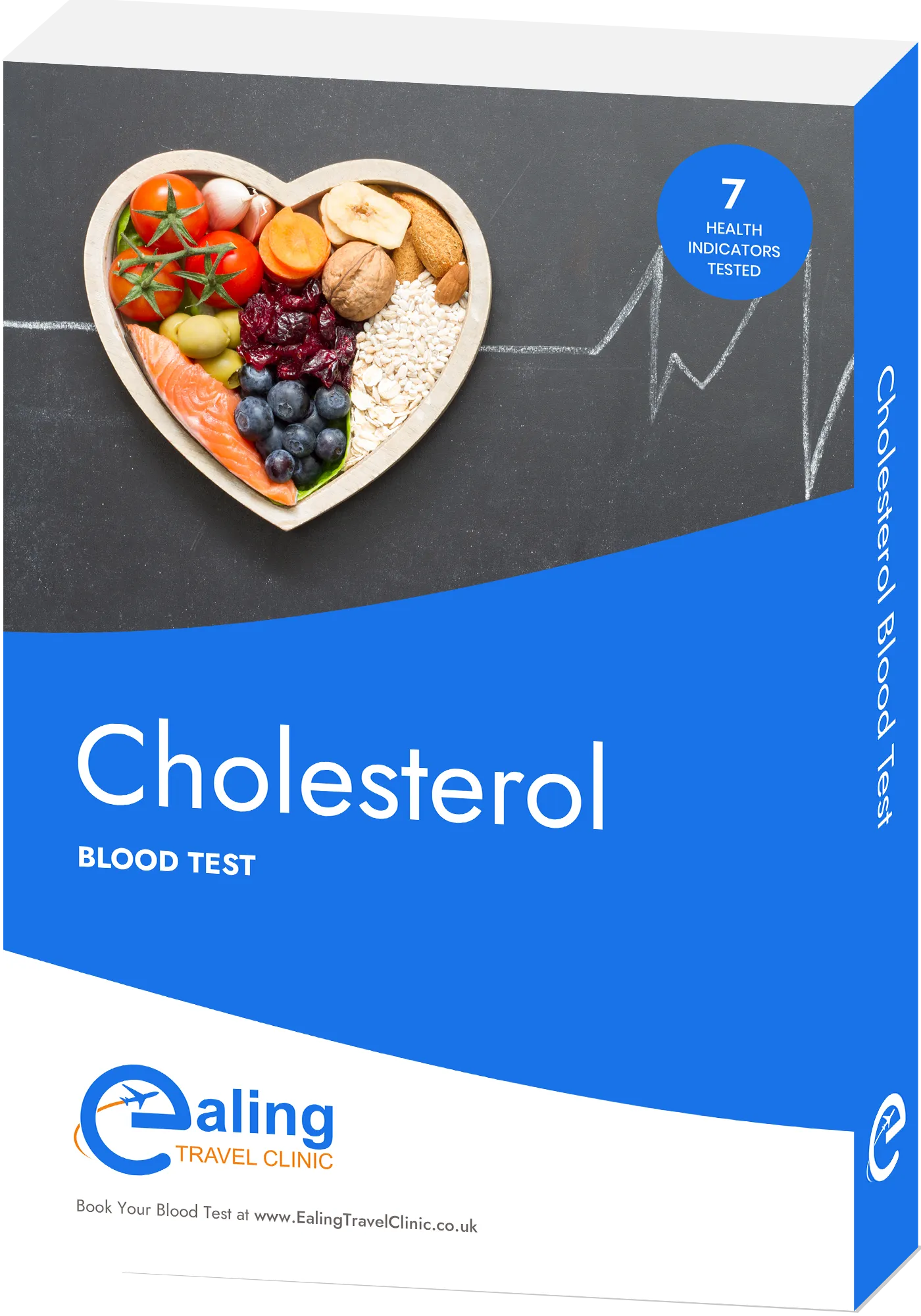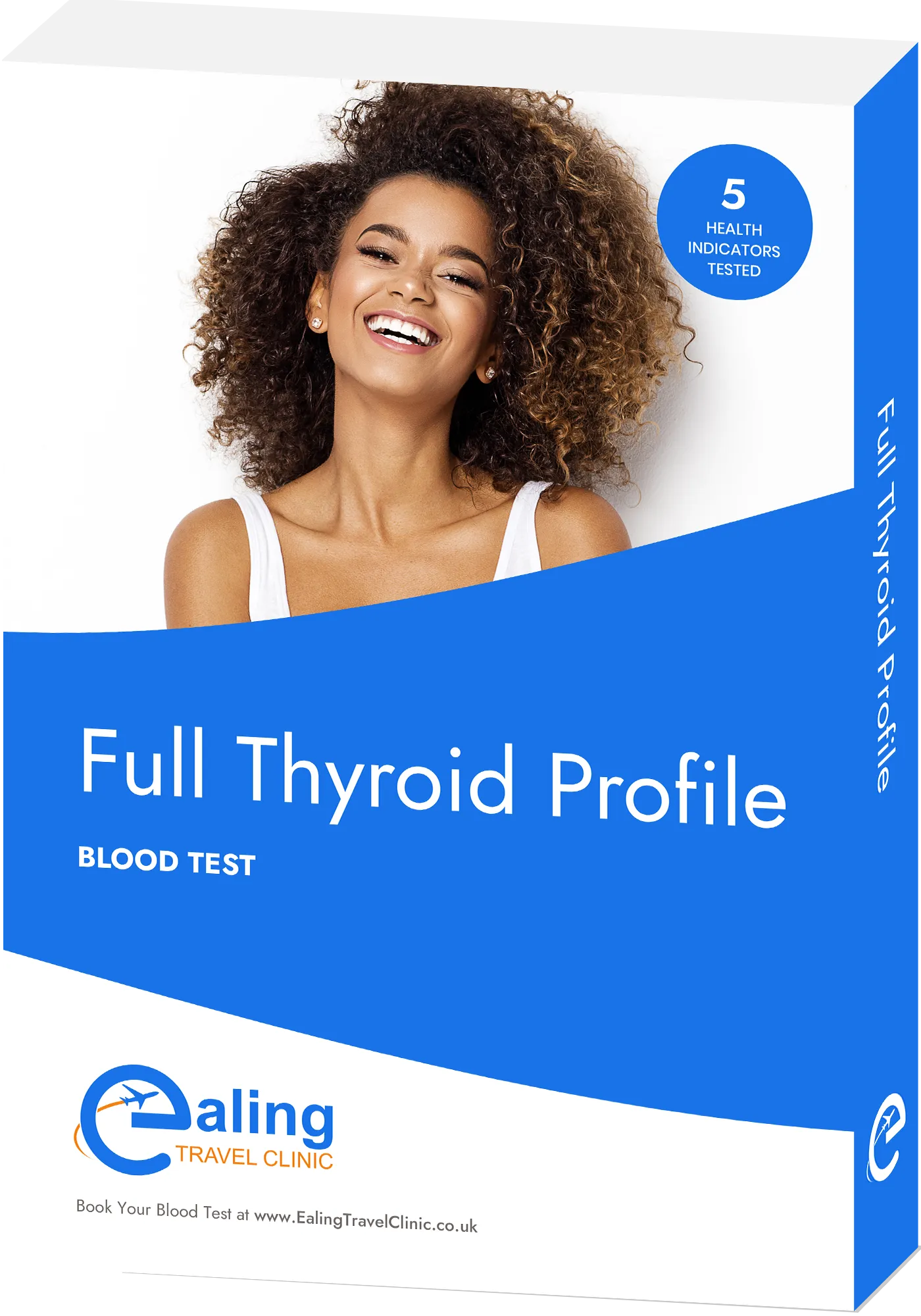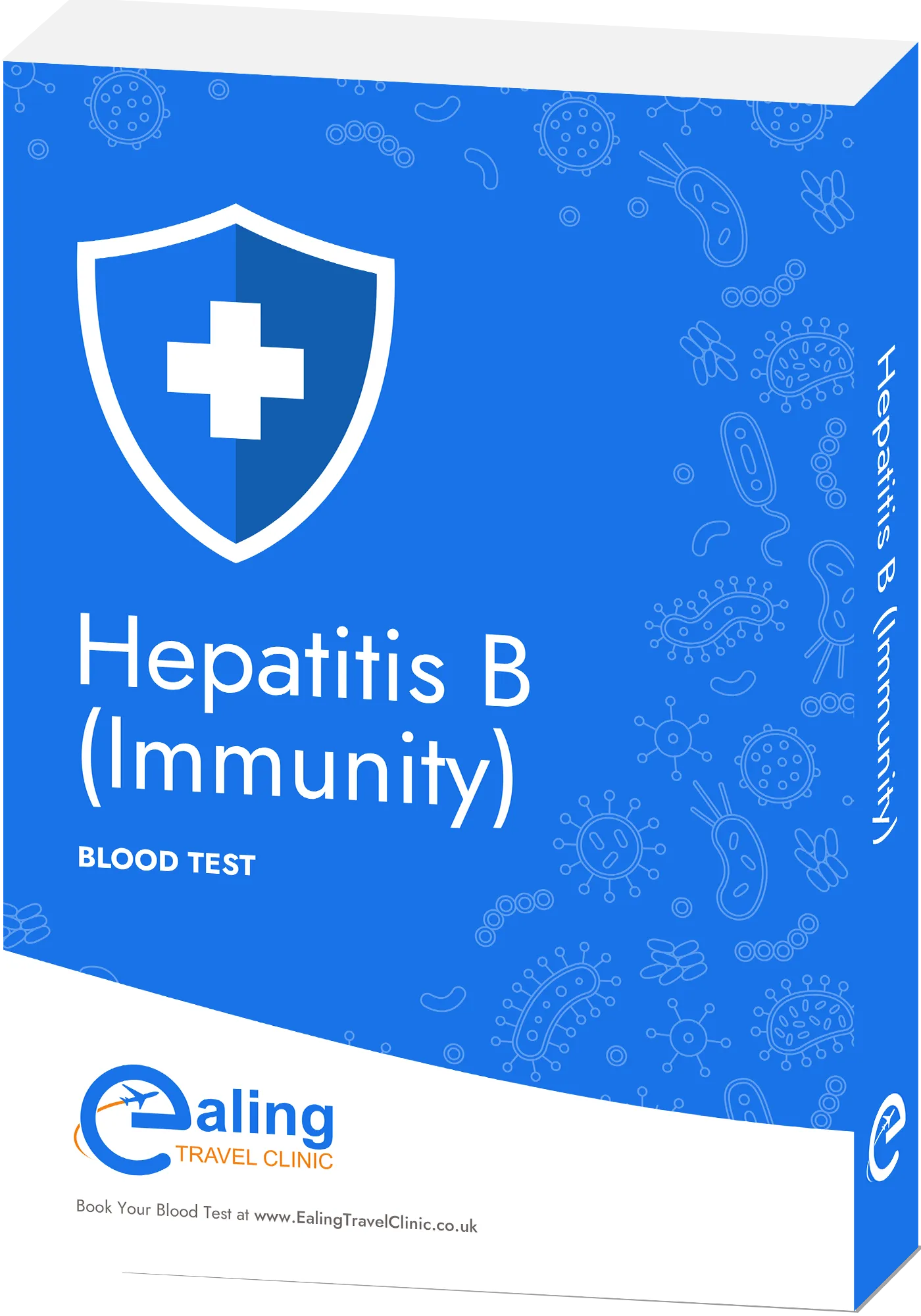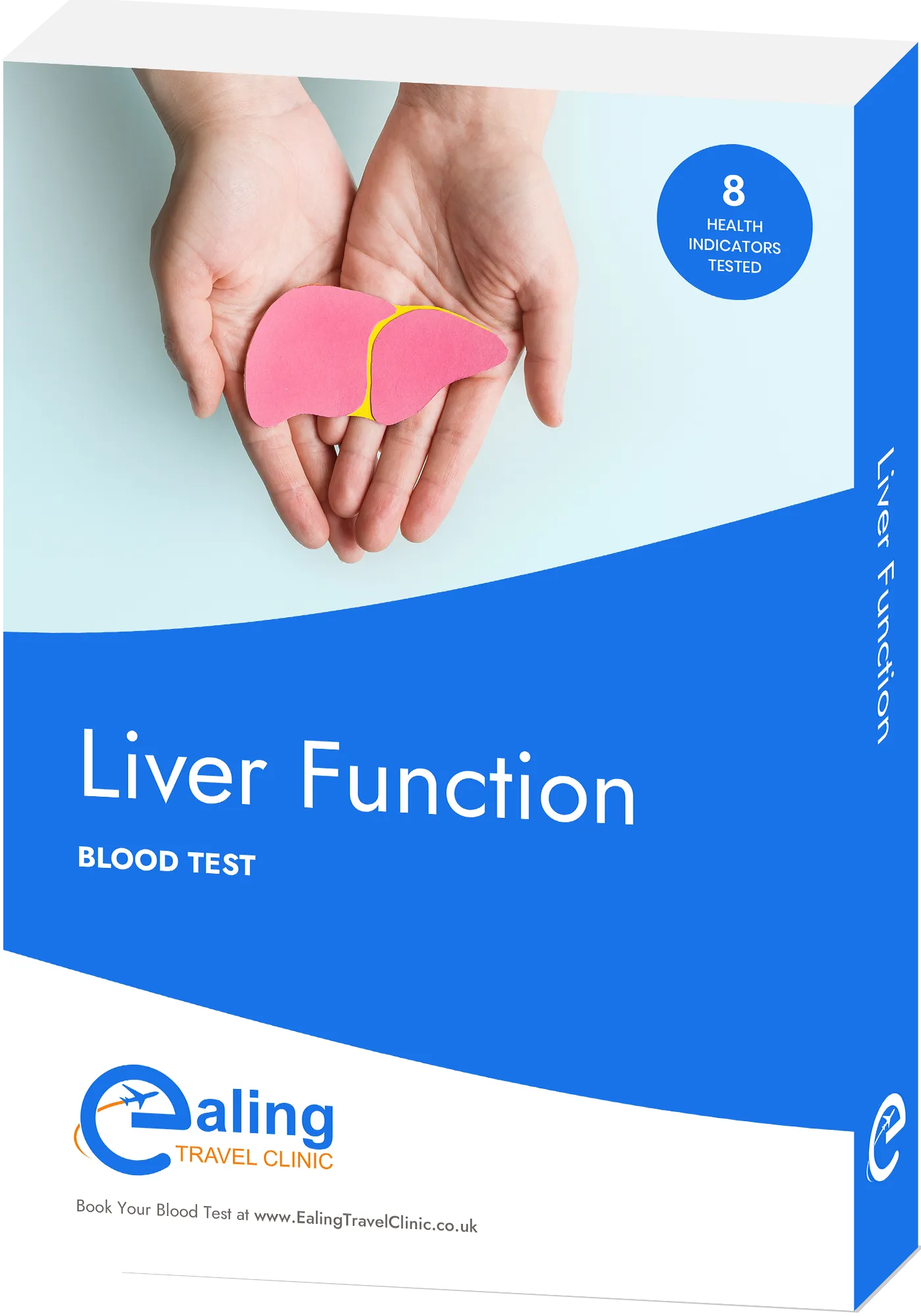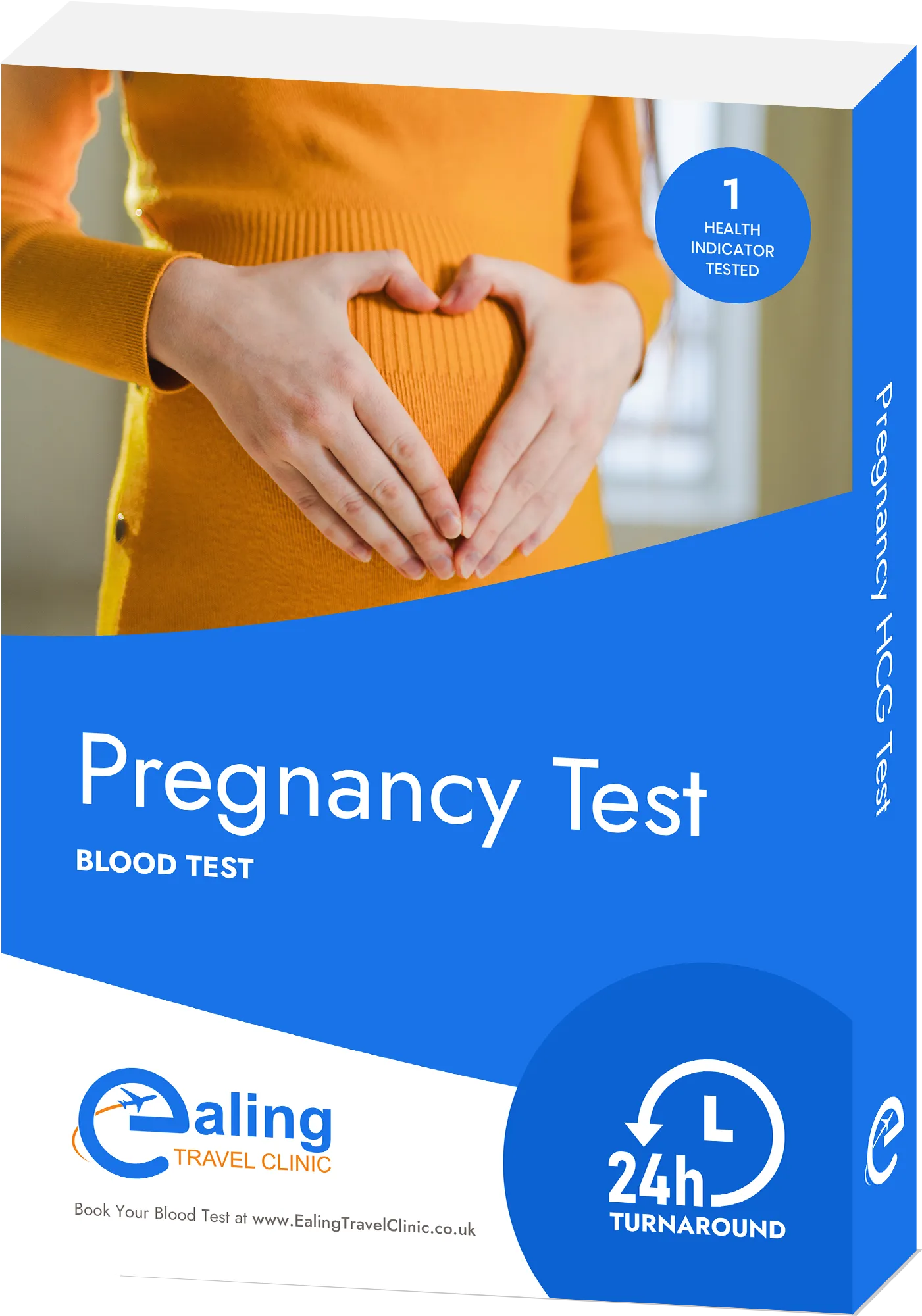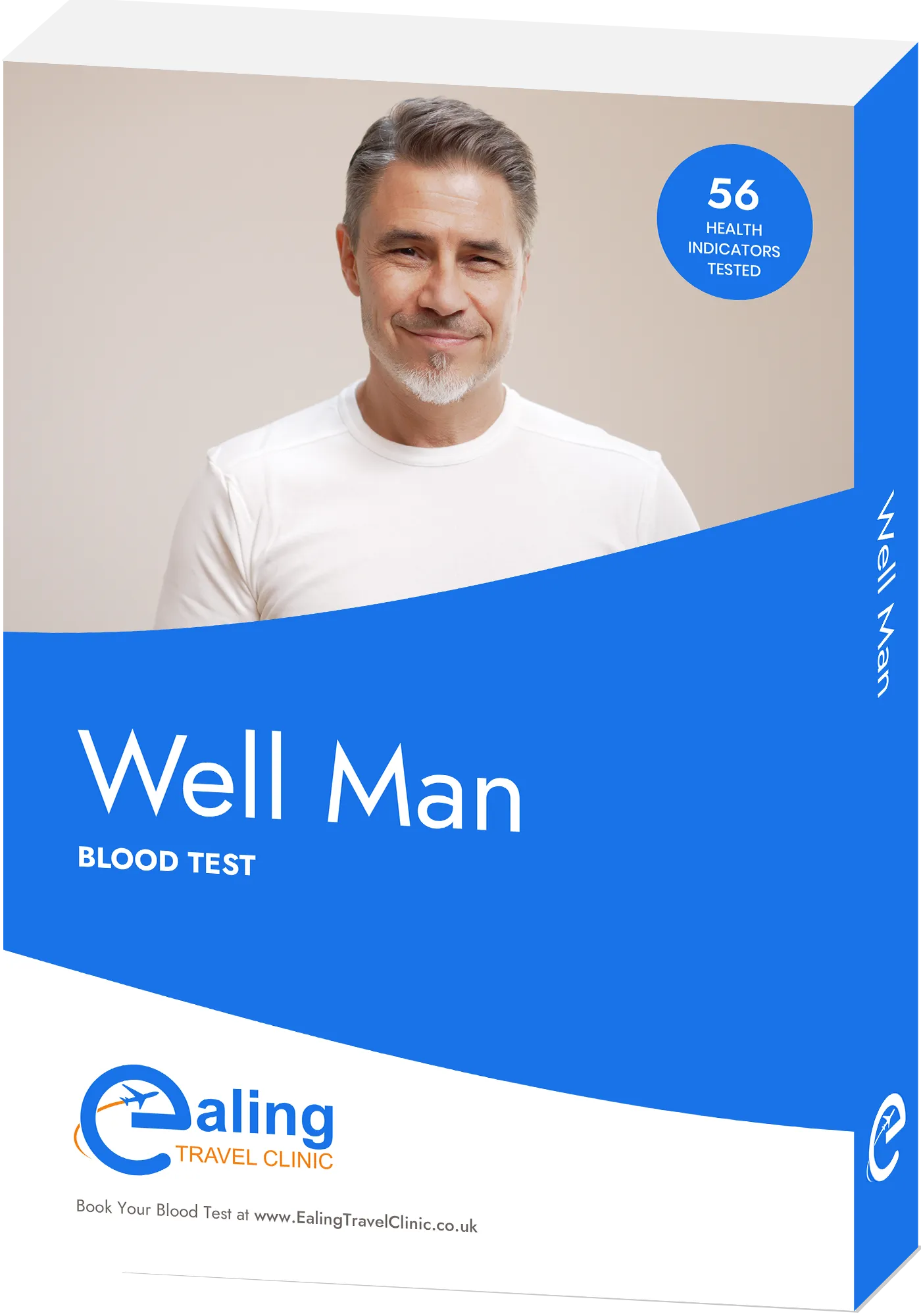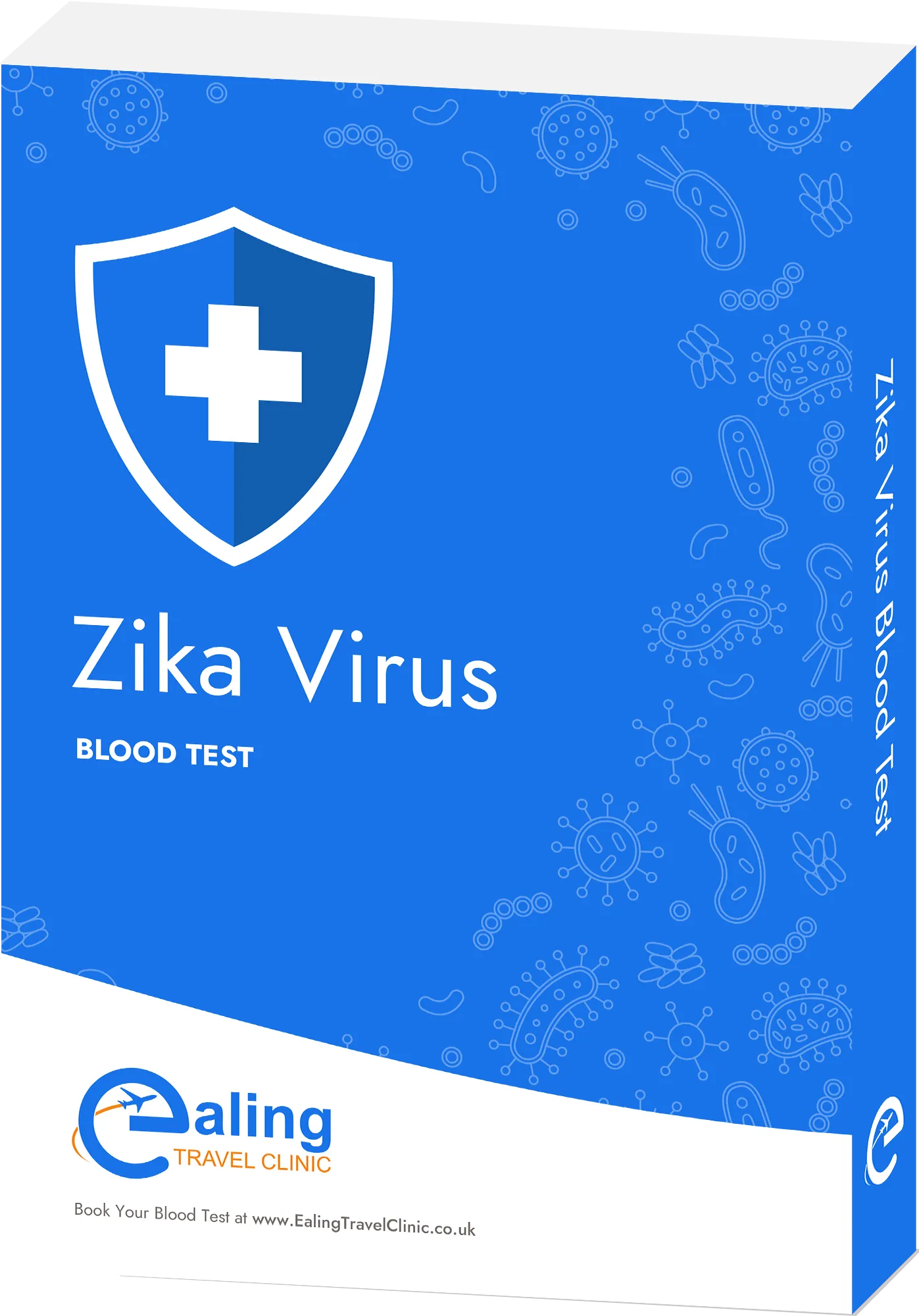Heart Health Profile
£59.00
Monitor your heart health with a combination of essential tests for cholesterol, diabetes and inflammation.
We analyse the following…
Cholesterol
Diabetes
Inflammation
Please note: Lab samples are sent by post. A free, tracked postage bag will be provided. Courier service available at an extra cost of £15.

Blood Testing at the Ealing Travel Clinic
The Ealing Travel Clinic carry out a wide variety of blood tests including these popular blood tests.
Blood test not listed? Don’t worry, we can provide any blood test. Contact us for more information.

